Why South Korea's young people are so lonely
Could a financial stipend help the nation's "reclusive" lonely young people?

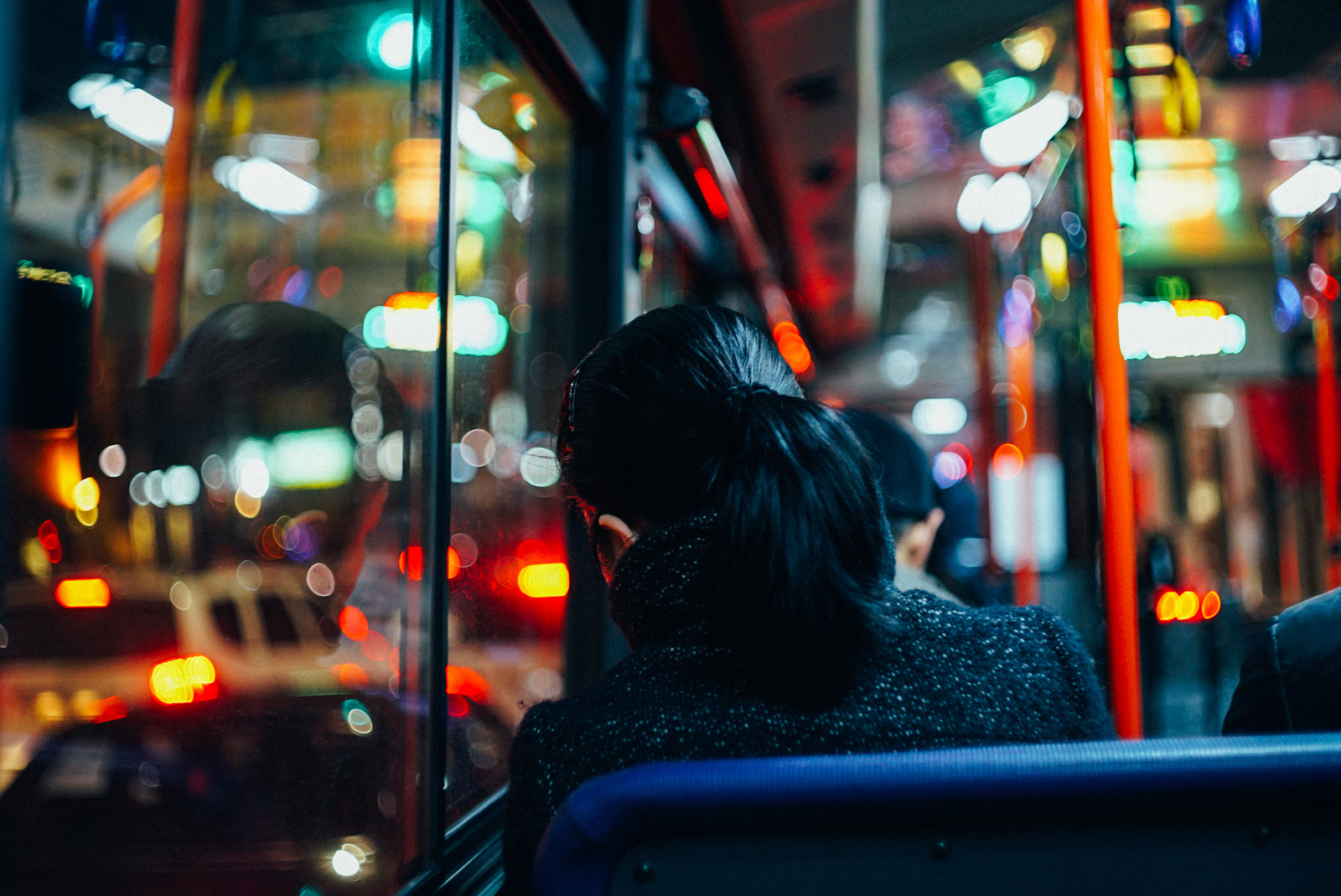
A free daily email with the biggest news stories of the day – and the best features from TheWeek.com
You are now subscribed
Your newsletter sign-up was successful
The South Korean government is trying to encourage isolated young people to "re-enter society" by offering to pay them a monthly stipend. The number of young recluses in the country is of grave concern to South Korean leaders amid other issues plaguing the population.
Why is South Korea offering to pay 'reclusive lonely young people?'
South Korea's Ministry of Gender Equality and Family announced that it would give up to 650,000 Korean won (about $500) monthly to reclusive young people between the ages of 9 and 24 to support their "psychological and emotional stability and healthy growth," CNN recounts.
In a report, the ministry estimates that around 3.1 percent of Koreans aged 19 to 39 are "reclusive lonely young people," citing data from the Korea Institute for Health and Social Affairs. "That makes up about 338,000 people across the country, with 40 percent beginning their isolation in adolescence, according to the ministry," CNN summarizes. The group was defined as living in "limited space, in a state of being disconnected from the outside for more than a certain period of time, and have noticeable difficulty in living a normal life," per the ministry's report.
The Week
Escape your echo chamber. Get the facts behind the news, plus analysis from multiple perspectives.

Sign up for The Week's Free Newsletters
From our morning news briefing to a weekly Good News Newsletter, get the best of The Week delivered directly to your inbox.
From our morning news briefing to a weekly Good News Newsletter, get the best of The Week delivered directly to your inbox.
"Reclusive youths can have slower physical growth due to irregular living and unbalanced nutrition, and are likely to face mental difficulties such as depression due to loss of social roles and delayed adaptation," the ministry said.
The monthly allowance is a part of the larger Youth Welfare Support Act, CNN says, "which aims to support people extremely withdrawn from society, as well as youths without a guardian or school protection who are at risk of delinquency."
While the policy's primary purpose is to help disadvantaged youth, Bloomberg says, "It's also a way for the country to address its shrinking working-age population amid alarmingly low birthrates and tight immigration policies." South Korea is on track to become one of the nations with the largest share of people over 65, per Statistics Korea. The country also has a high rate of youth unemployment at 7.2 percent, Bloomberg adds, "and is trying to tackle a rapidly declining birthrate that further threatens productivity."
"This policy is fundamentally a welfare measure," Shin Yul, a political science professor at Myongji University in Seoul, said to Bloomberg. "While it's good to try various approaches to boost working age population, it cannot be seen as a long-term solution to fix the population problem here."
A free daily email with the biggest news stories of the day – and the best features from TheWeek.com
What is leading South Korea's youth to isolation?
The reclusive teens being targeted "tend to shut themselves at home for months for prolonged periods of time, dodging school and work for months or even years," Insider says. Many came from financially disadvantaged families and started shutting themselves out from the world from a young age. Some young people start to self-isolate because of "personal trauma, bullying in school, academic stress, family conflict, or a lack of care from their guardians or parents," the family ministry said in a blog post Insider summarized. In one of the case studies provided by the ministry, an unnamed 17-year-old said that domestic violence led them to seclude themselves at the age of 15. The unidentified teen described themselves as a "lethargic person who sleeps most of the time" and only got up to eat.
The problem with reclusive youth in South Korea has been compared to a similar phenomenon in Japan, known as hikikomori. Japan coined the phrase as early as the 80s, and it refers to the nearly 1.5 million shut-in youths in the country, CNN explains. A survey found that the COVID-19 pandemic exacerbated the problem. Over a fifth of the people surveyed said that the pandemic played a significant role in their reclusive lifestyle. "Other common reasons cited were pregnancy, job loss, retirement, and having poor interpersonal relationships," CNN adds.
Theara Coleman has worked as a staff writer at The Week since September 2022. She frequently writes about technology, education, literature and general news. She was previously a contributing writer and assistant editor at Honeysuckle Magazine, where she covered racial politics and cannabis industry news.
-
 How the FCC’s ‘equal time’ rule works
How the FCC’s ‘equal time’ rule worksIn the Spotlight The law is at the heart of the Colbert-CBS conflict
-
 What is the endgame in the DHS shutdown?
What is the endgame in the DHS shutdown?Today’s Big Question Democrats want to rein in ICE’s immigration crackdown
-
 ‘Poor time management isn’t just an inconvenience’
‘Poor time management isn’t just an inconvenience’Instant Opinion Opinion, comment and editorials of the day
-
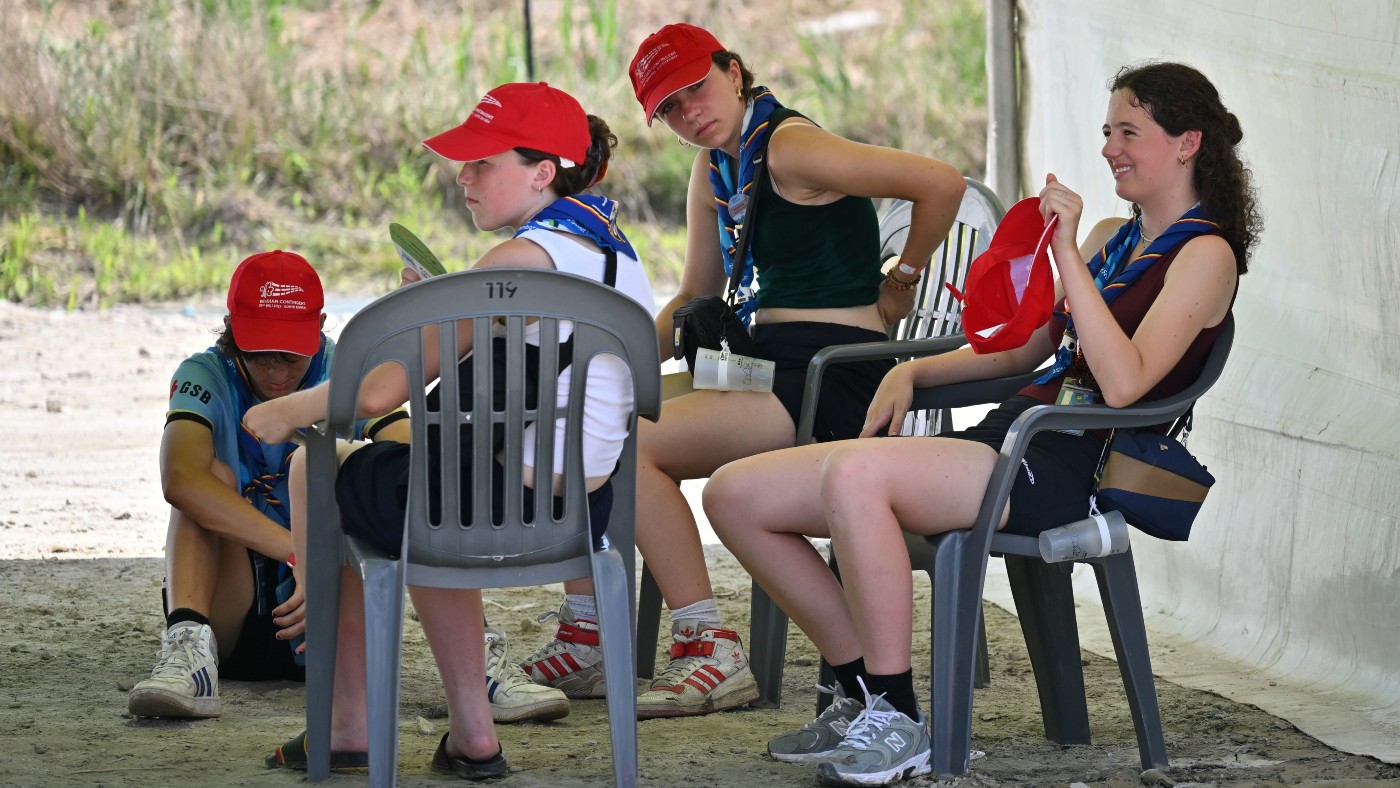 Hundreds of children hit with heat exhaustion at World Scout Jamboree in South Korea
Hundreds of children hit with heat exhaustion at World Scout Jamboree in South KoreaSpeed Read One British parent said children ‘think they are going to die’
-
 Is the 'vibecession' over?
Is the 'vibecession' over?Speed Read The IMF reported that the global economy is looking increasingly resilient. Is it time to start celebrating?
-
 The U.S. veterinarian shortage crisis
The U.S. veterinarian shortage crisisSpeed Read With an anticipated shortage of 15,000 vets by 2030, it will be harder to get care for pets
-
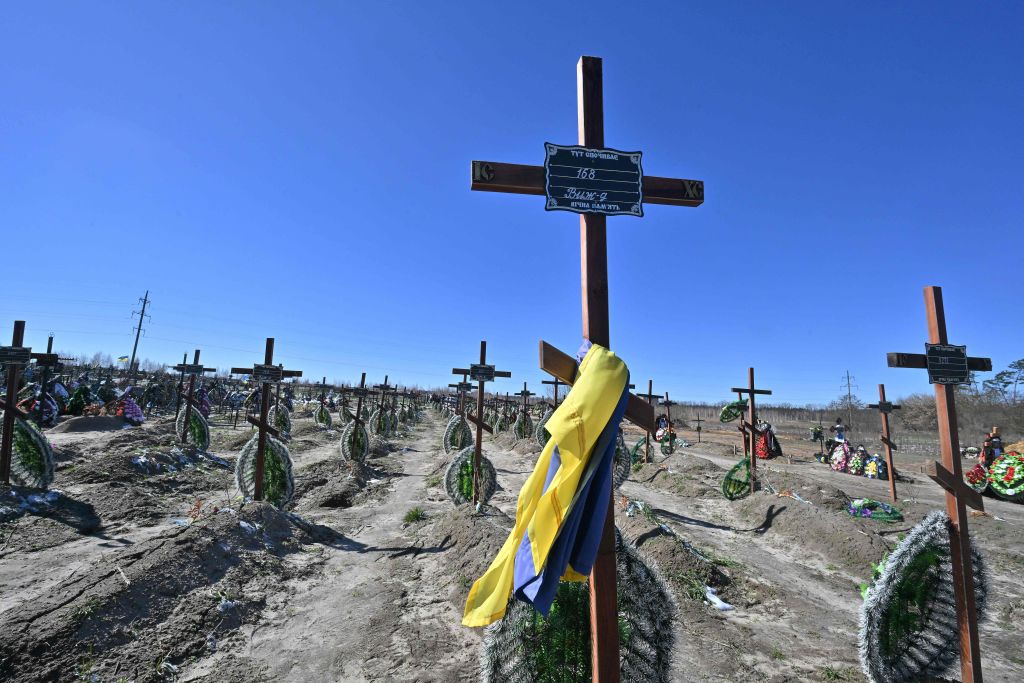 Inside Russia's war crimes
Inside Russia's war crimesSpeed Read Occupying forces in Ukraine are accused of horrific atrocities. Can they be held accountable?
-
 Is it safe to ride a roller coaster?
Is it safe to ride a roller coaster?The Explainer A pair of startling events have shined a light on amusement park safety
-
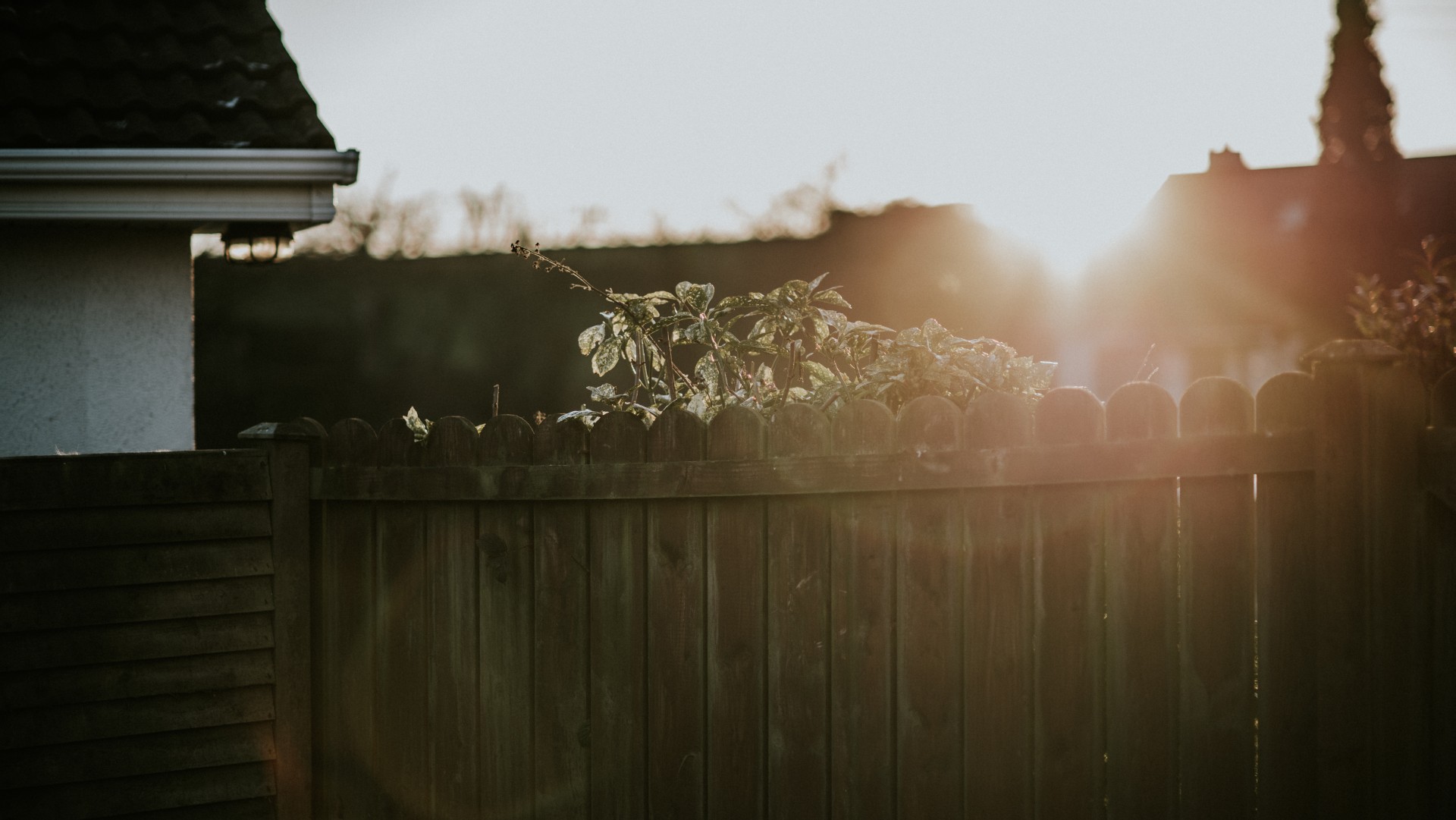 Council accused man of stealing his garden
Council accused man of stealing his gardenfeature And other stories from the stranger side of life
-
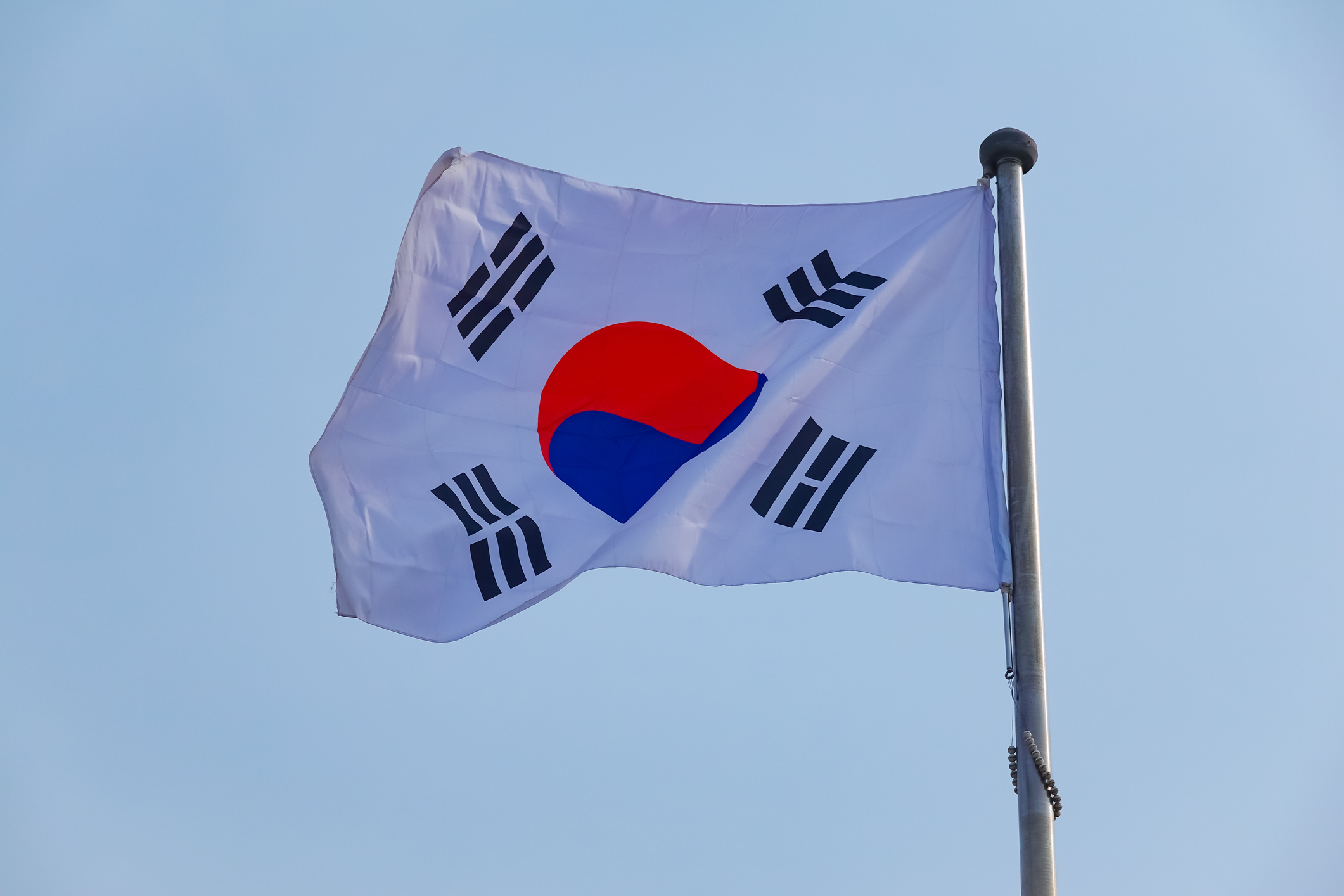 South Koreans suddenly become younger thanks to new 'international age' law
South Koreans suddenly become younger thanks to new 'international age' lawSpeed Read
-
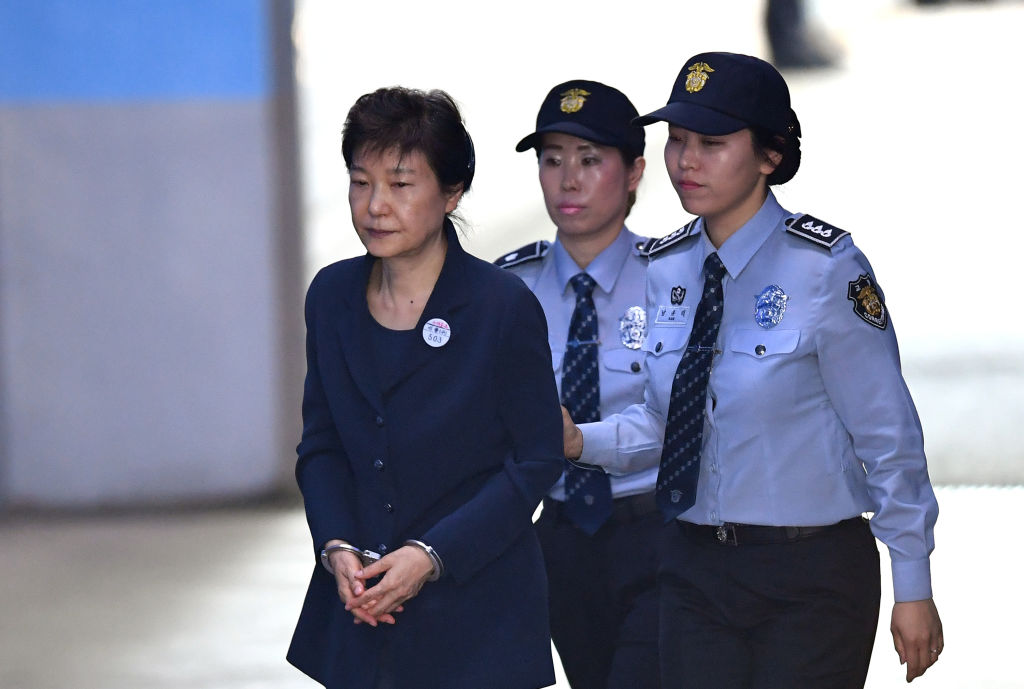 World leaders who have been charged or imprisoned
World leaders who have been charged or imprisonedThe Explainer Heads of state being put behind bars is not a rare occurrence
